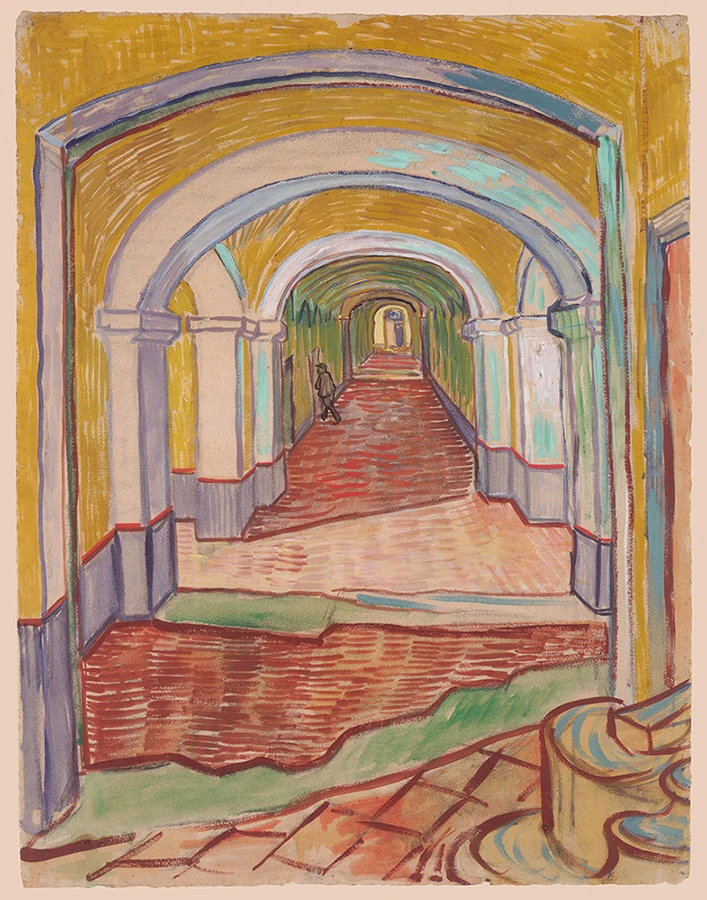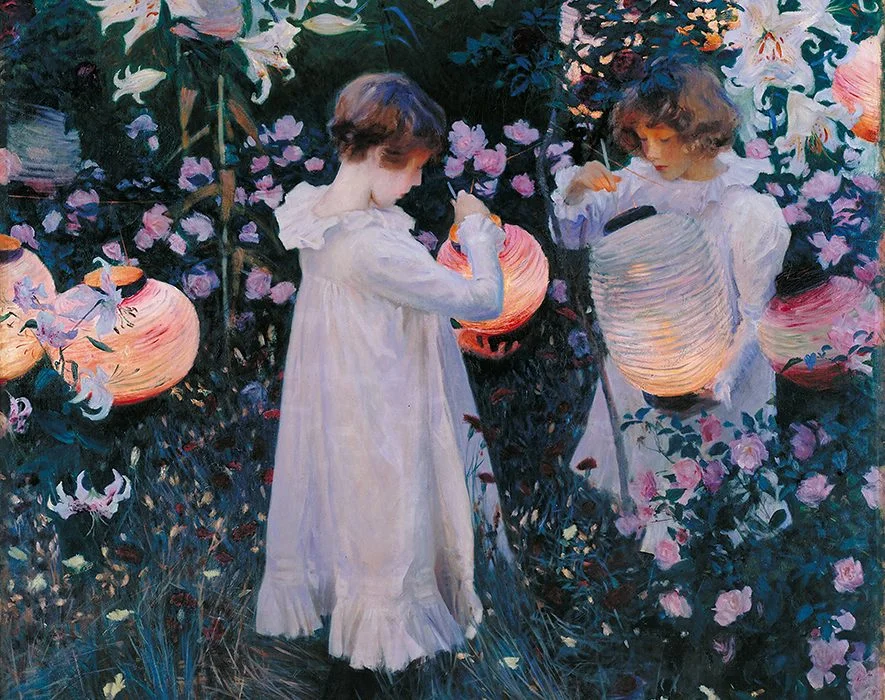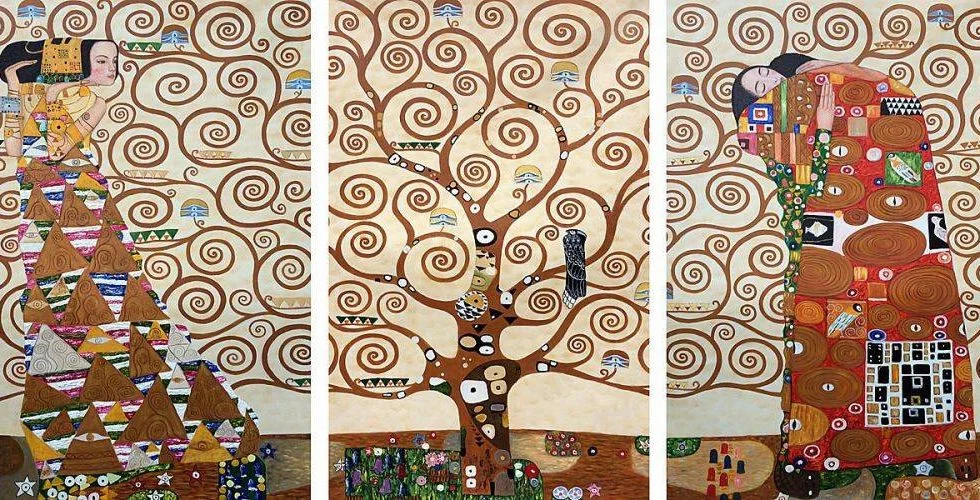Self-Knowledge • Trauma & Childhood
Mental Illness and Love
When we speculate on the causes of mental illness, we typically imagine some form of chemical imbalance or damage to the structure of the brain itself – perhaps a lesion or an abnormally stunted frontal cortex. But the more puzzling news is that, in almost all cases, the brains of sufferers are entirely identical to those of so-called normal people. Mental illness is overwhelmingly not about inherent anatomical damage or chemical disturbance.

What it does seem to be about – perhaps surprisingly – is the link between love and mental health, specifically the consequences of a lack of love. If we look at a preponderance of mentally unwell cases, what we find with utter predictability is that these are people who were brought up in conditions of severe emotional deprivation. To put it bluntly: people grow mentally ill because they were not loved.
When someone grandiosely insists that they are the Emperor of China or the King of Kings, one can guess there was been gross neglect in childhood and a feeling of near-total invisibility.
The Hidden Roots of Mental Illness
When someone claims they are an alien controlled by extraterrestrial beings, one can guess they were made to feel that they didn’t belong to their own species.
When someone becomes erotically fixated on an unavailable stranger, one can guess they yearned boundlessly for absent caregivers.
When someone disfigures their body and renders themselves conclusively unattractive sexually, one can guess they may have received unwanted attention from an adult early on.
‘Madness’ is a colloquial term for the set of tragic behaviours people gravitate toward to in order to cope with, and protest against, a world that has felt unfeasibly cruel, mysterious and indifferent. The so-called mad have had to twist themselves to fit into an environment that defied the laws of logic and ethics.
Love and Mental Health: A Foundation for Sanity
By contrast, on the other side of the spectrum, encoded in the behaviours we call ‘love’, we find a range of moves that help people to feel at home on the planet. In a sane upbringing:
— we’re allowed to feel significant enough that we won’t subsequently need to rigidly insist on our importance.
— someone will listen to us patiently and thereby enable us to tolerate a full encounter with someone else down the line. We’ll be able to ask questions, sit with our feelings and exercise our curiosity.
— someone will respect our boundaries and thereby make us unafraid of accepting others into our lives.
— the warmth of another’s love will prepare us to accept the colder aspects of reality; we’ll be able to bear how things sometimes truly are because – for a time, as we gathered our strength – we were shielded, by kindness, from the full brutality of existence.
— our caregivers’ words will have been congruent with their actions, so we won’t see plots and conspiracies where they don’t exist.
— we won’t doubt our worth, because we will have felt good enough to those that mattered.
— we won’t have to grow up too fast to defend ourselves against the immaturities of adults.
— we won’t need to fear the punishment of external authorities (the police, the secret services) because we weren’t made to feel guilty for things we never did.
— we’ll trust that because love was once present, it will eventually come again. Solitude won’t have to entail untenable loneliness.
We aren’t – therefore – more sane because we are cleverer or better; we were just very fortunate to have been helped to adjust to reality at a manageable pace, through sustained, attuned care. This is the often-overlooked foundation of love and mental health.
Love is not a luxury, a kind of game, an add-on, a fruit of privilege or an artist’s fantasy. It is the difference between sanity and madness.


























